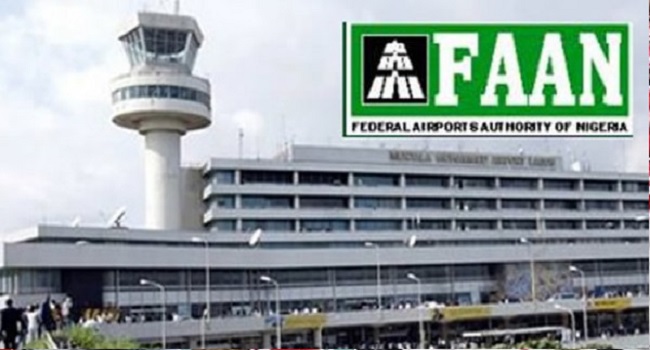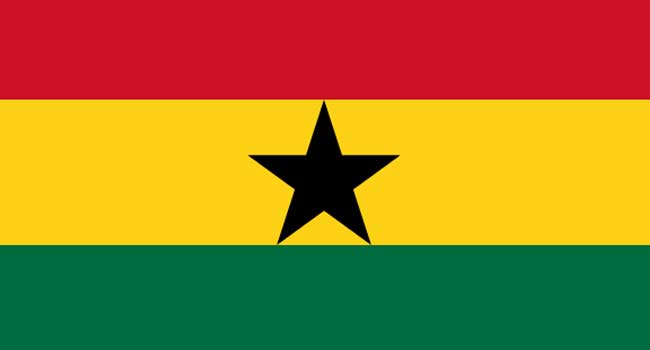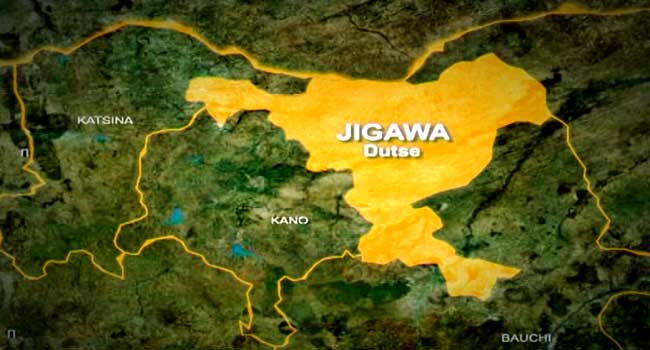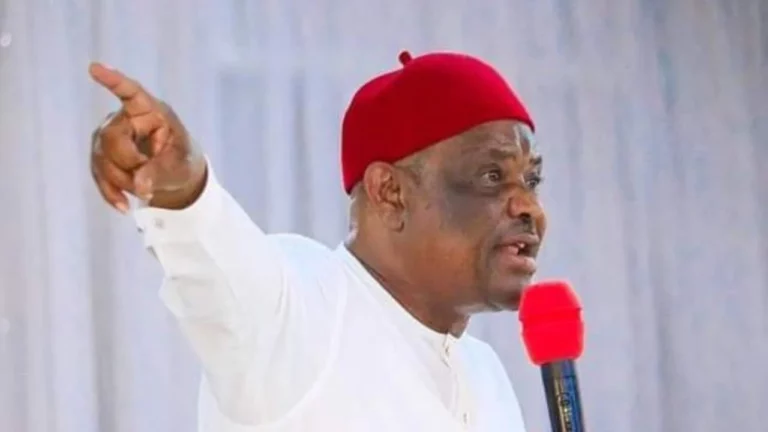The Federal High Court sitting in Lagos has ordered the Federal Airports Authority of Nigeria (FAAN) to show the total annual generated revenue from toll gates and parking lots fees in all Federal Government-owned airports and how much it remitted from January 2015 till January 2024.
Justice Ibrahim Kala who granted the order, also compelled the FAAN (the Respondent) to provide details of the revenue to a public interest applicant, The Registered Trustees of The Centre for Law & Civil Culture.
The judge gave the federal agency three months to comply with the order.
The applicant filed the suit following the Respondent’s failure to accede to its freedom of information request of August 24, 2022.
The applicant through its counsel B.O. Fowowe argued among other things that this failure was in gross violation of the Freedom of Information (FOI) Act, 2011.
The counsel also submitted before the court that the import of Section 4 of the FOI Act is that once any information is requested for, the public institution to which is directed is under obligation to respond to that information within one week and Section 20 of the Act avails the applicant a right to seek for an order of mandamus to compel the specific act to be done where the public institution fails to make the information available.
After being served a copy of the processes, the respondent through its counsel, A.A. Lawal contended that the applicant is not entitled to the grant of its request and the reliefs sought.
Citing various decided cases, the counsel argued that the respondent being a creation of the Federal Government was given the authority to create and maintain a fund where all fees and funds charged by the respondent are credited into, including but not limited to federal government allocations, access toll fees and car parking charges.
The counsel further submitted that under Section 15 of the FAAN Act, the respondent has the power to apply the proceeds of the funds towards the cost of administration, payment of salaries to employees, experts or professionals appointed by the board maintenance of any property acquired and all other activity connected with the functions of the respondent.
He argued that the request of the applicant is therefore baseless and on a completely faulty standing as the request for evidence of remittance and statements of accounts of the respondent to determine whether the respondent has been remitting those specific fees to the Federation Account is a fishing expedition.
Following the conclusion of the hearing on January 25, 2024, with both parties adopting their written addresses, the court adjourned for judgment.
At the resumption of proceedings on Friday, Feb. 23, the judge granted the Applicant’s prayer, noting that it had satisfied all the conditions stipulated in Section 20 of the FOI Act.
Justice Kala held: “I shall, therefore, reach the irresistible conclusion that the lone issue for determination in this case, is, “Whether the Respondent is mandated to provide the requested information to the Applicant as provided for under the Freedom of Information Act, 2011 and the Applicant entitled to the reliefs sought in their Originating Application,” is resolved against the Respondent and in favour of the Applicant. The Applicant’s application succeeds, and it is accordingly granted as follows:
“It is hereby declared that the refusal and failure of the respondents to accede to the Applicant’s freedom of information requests dated 24/8/2021, 6/10/2021 and 22/4/2022 requesting to know the total annual generated revenue from the toll gates and parking lots in each of the Federal Government owned Airports across the Federal Republic of Nigeria since 2015 till date is a gross violation of the Freedom of Information Act, 2011.
“An order of mandamus is, hereby, granted compelling the Respondent to avail the Applicant with the details of the statement of the accounts showing the total annual generated revenue from the toll gates and parking lots in each of the Federal Government owned Airports across the Federal Republic of Nigeria and evidence of yearly remittance of such sum so generated per year from January 2015 to January 2024 within a period of three months from today.”







